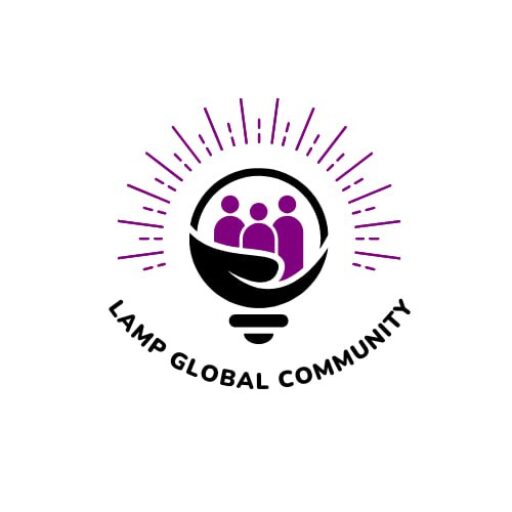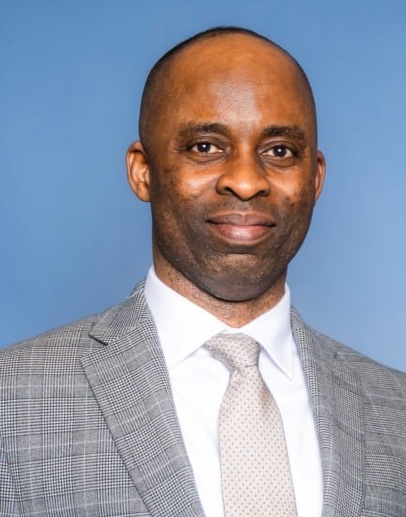“No man is capable of self-improvement if he sees no other model but himself.” — Conrado I. Generoso.
How Roberto Goizueta’s Legacy Shaped Coca-Cola’s Future
A leader’s true strength lies not only in what they build but in how they prepare the next generation to carry it forward. Roberto Goizueta, who served as Coca-Cola’s CEO from 1980 to 1997, transformed the brand into a global powerhouse. Yet, one of the most significant elements of Goizueta’s leadership was not only his ability to grow the Coca-Cola empire—but also his commitment to mentoring the leaders who would follow him. Through his guidance, Goizueta ensured that the company’s legacy would be carried on by someone capable of continuing its success—Douglas Ivester.
The Power of Early Mentorship: Spotting Potential Early
When Douglas Ivester joined Coca-Cola in 1979, few could have predicted the lasting impact he would have on the company. But Roberto Goizueta saw something in Ivester that others didn’t. He recognized the potential for greatness and began grooming him for a leadership role long before Ivester was ready to take the reins.
Author and marketing consultant, Roy H. Williams said, “A mentor is someone who sees more talent and ability within you than you see in yourself and helps bring it out of you.” Goizueta didn’t just see Ivester as an employee. He viewed him as the future of Coca-Cola, a successor who would carry the company’s values and mission into the next era. By investing in Ivester early, Goizueta planted the seeds for the continuity of Coca-Cola’s success and growth. The lessons Ivester received weren’t just about business, they were about leadership, vision, and responsibility.
Mentorship in Action: From Apprentice to Successor
Under Goizueta’s mentorship, Ivester quickly rose through the ranks of Coca-Cola. His experience was shaped by Goizueta’s direct guidance, which refined his strategic thinking and leadership style. Goizueta didn’t just offer advice; he actively helped Ivester navigate the complex world of corporate leadership, teaching him the nuances of decision-making, building relationships, and handling pressure.
This mentorship laid the foundation for Ivester’s ascent to President in 1994 and later to CEO after Goizueta’s untimely passing in 1997. When Goizueta died from lung cancer, the company faced a significant leadership vacuum. But Ivester was more than ready to step into the role, thanks to the mentorship he had received.
My mentor and leadership guru, Dr. John C. Maxwell said, “One of the greatest values of mentors is the ability to see ahead what others cannot see and to help them navigate a course to their destination.” This is exactly what Roberto Goizueta did for Douglas Ivester. Ralph Waldo Emerson wisely observed that “Our chief want in life is somebody who shall make us do what we can.” [To be continued next week].


